Create Your Roadmap for Passing the Internal Medicine Certification Exam
Also check out our Ultimate Internal Medicine Study Guide for a wealth of ABIM exam tips and resources.
Whether your ABIM exam is a few weeks or a full year away, a strategic ABIM study plan can ensure efficient preparation and success. But there isn’t a one-size-fits-all plan because no two physicians are the same and everyone’s medical knowledge set varies. So, we’re providing you with the ten steps you need to design your own customized plan.
Internal Medicine Study Plan — 10 Steps to Create Your Roadmap for Passing the ABIM Exam
- Gather Data About Your Strengths and Weaknesses
- Find an Internal Medicine Question Bank
- Calculate Your Available Study Time
- Allocate Your Available Study Time Based on the
ABIM Exam Blueprint and Your Knowledge Base - Create Your ABIM Study Schedule
- Assign Categories to Time Blocks In Your Calendar
- Perform an Honest Self-Assessment
- Choose Additional Study Tools and Methods
- Include Milestones in Your Schedule and Establish Ways to Measure Your Progress
- Build Essential Tasks Into Your Final Sprint
1. Gather Data About Your Strengths and Weaknesses
Rather than just randomly picking topics and resources, your Internal Medicine study plan should be informed and refined as you go by data. If you’re a resident who has recently taken the Internal Medicine In-Training Exam (IM-ITE), review the results to determine your strengths and areas that need extra focus. For an updated assessment, we strongly recommend taking an ABIM practice exam, especially if it’s been a while since your last exam. This will not only provide you with baseline data about your strengths and weaknesses, but it will also help you build confidence for taking the timed exam.
NEJM Knowledge+ Internal Medicine Board Review includes two practice exams plus robust reports that will provide actionable data about your performance in each ABIM blueprint topic. These features not only give you the control to build and readily refine your study plan as you go, the program will automatically adapt content delivery so you’re always studying what you need to learn and never what you don’t, saving you valuable time.
2. Find an Internal Medicine Question Bank
Answering case-based Internal Medicine questions like the ones you’ll see on the test is a proven way to effectively prepare for your ABIM exam. Read Internal Medicine Question Banks — Which One is the Best Option for You? to learn why medical educators recommend making questions an integral part of your study plan. Plus, get information about how to select the right Internal Medicine question bank for you.
With over 5,100 gold-standard questions based on 3,200 unique learning objectives, NEJM Knowledge+ Internal Medicine Board Review offers the largest and most comprehensive Internal Medicine question bank available. Our single-best-answer, patient-vignette MCQs are developed according to NEJM Group’s uncompromising standards and mirror the questions you’ll see on the exam. Every question comes with detailed feedback and further reading in guidelines, reviews, cases, and research, including access to any cited articles from the New England Journal of Medicine (NEJM), normally available only to subscribers. You’ll get the practice you need to adeptly and confidently tackle ABIM questions and pass your Internal Medicine exam.
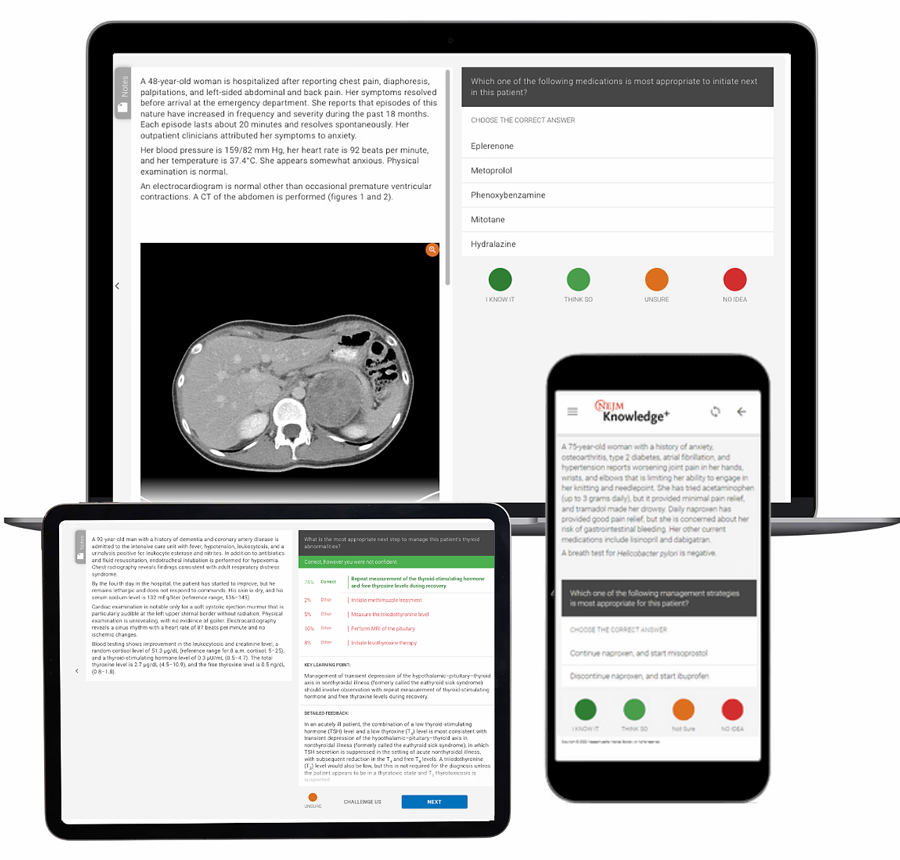
NEJM Knowledge+ Board Review questions on various
3. Calculate Your Available Study Time
To get a good estimate of how much time you’ll have to study, multiply the number of weeks until your exam date by the average hours per week you’ll be able to study. Obviously, the closer you are to the exam, the more time each week you’ll need to devote to studying.
Then subtract estimated hours for any planned and unplanned events such as illness, family emergencies, or work commitments. The key is to get an approximation of the total hours you can spend studying between now and your exam date. This will help you avoid the temptation to procrastinate and ensure that you have enough time to prepare properly.
# Weeks To Exam x Avg. Weekly Study Hours – Estimated Hours for Planned/Unplanned Events =
TOTAL ESTIMATED STUDY HOURS
NEJM Knowledge+ Internal Medicine Board Review will help you make the most of your available study hours. Our cutting-edge adaptive learning algorithm responds in real time to your performance and delivers questions accordingly, creating the most efficient, effective, personalized learning path for you.
4. Allocate Your Available Study Time Based on the ABIM Exam Blueprint and Your Knowledge Base
Familiarize yourself with the ABIM blueprint and consider how you’ll allocate your study time by topic. You can make adjustments based on the data you collected in step #2 above. For example, the Cardiovascular specialty makes up approximately 15% of the recertification exam (initial certification varies slightly), so you can allocate 15% of your estimated study hours to this content area. However, if you performed exceptionally well in that area on your ITE or practice exam, you may choose to redirect some of that time to a more challenging topic. Or, if you did not perform well in the Cardiovascular specialty, you can shift time from an area of strength to this topic.
NEJM Knowledge+ Internal Medicine Board Review is strategically mapped to the ABIM blueprint so our proportional makeup of topics matches that of the exam. Plus, our adaptive algorithm seamlessly tailors question delivery to what YOU know and don’t know. NEJM Knowledge+ doesn’t waste your time on topics you’ve mastered, regardless of the blueprint.
5. Create Your ABIM Study Schedule
Block off the weekly hours from step #3 in your planner and set reminders in your digital calendar or smartphone. Blocking off time in your calendar is a tried and true technique for beating procrastination and effectively managing time. It can also reduce the inevitable anxiety that comes from a pending high-stakes exam. Anxiety stems from your brain perceiving a threat (threat of failure). So taking concrete steps to neutralize the perceived danger—planning and calendar blocking—sends a reassuring signal to your brain that you’re effectively handling it.
6. Assign Categories to the Time Blocks In Your Calendar
Choose which medical topics to study during which time blocks. Many internists use the “swallow the frog” approach and begin studying their least favorite or most challenging topics to get them out of the way. Others begin within their comfort zone to build momentum and bolster confidence and then ease into more difficult topics. Either way, it’s important to prioritize the specialty areas you’ll most frequently encounter on the exam based on the ABIM Blueprint, as noted in step 3 above.
NEJM Knowledge+ Internal Medicine Board Review allows you to create Practice Sets to review specific topics so you can control which specialties you study when. You can filter the topics by UNSEEN or MISSED to easily target what you want to study. The practice sets, like all learning sets, show the estimated time it will take to complete the module, so you’ll know how much time in your study plan to devote to the topic. You can give the practice sets any title you want, such as the week number from your study plan and/or the start date that coincides with your schedule block.
7. Perform an Honest Self-Assessment
The Ideal Internal Medicine board study plan is one you can stick to. So, when making your plan and calculating the time you can spend, it is important to acknowledge the many demands on your time. Also, be realistic and consider personal habits that might interfere with your likelihood of sticking to your plan. Then come up with strategies to deal with them. Here are some ideas:
- If you tend to lose focus while studying, build structured breaks and incentives into your plan. Try the Pomodoro technique, in which you set a timer for 25 minutes to study. Once the timer goes off, you take a five-minute break. Repeat five times and then take a longer half-hour break. This adds up to two hours and five minutes of focused study time every three hours.
- If you get distracted easily by social media, you can install a site blocker app. Set your phone to silent and leave it in another room. If you’re worried about missing an important call, use the smartphone feature that allows you to create a list of “priority contacts” who will always be able to reach you, even if you’re in “Do Not Disturb” mode.
- Schedule time for exercising, getting out for fresh air, or meditating so you’ll have a system in place for using up excess energy, relieving stress, and clearing your mind.
- Be sure to have healthy snacks for studying. Nutrient-dense foods such as nuts or fruit will fuel your brain and help you stay focused.
Also, be mindful of the Dunning–Kruger Effect when self-assessing your strengths and weaknesses. The Dunning-Kruger effect is a cognitive bias in which people with limited experience in a domain often overestimate their ability in that area. To offset the effect, occasionally challenge your own perceptions about your strengths to ensure you’re not missing something important.
NEJM Knowledge+ Internal Medicine Board Review helps you avoid the Dunning–Kruger Effect with metacognition-building tools: The program will prompt you to consider how confident you are in your answers as you work through questions. The program then creates a personalized ‘Confidence’ report that shows how well you evaluated your knowledge. This ‘thinking about your thinking’ helps you to be more aware of your knowledge deficits, so you won’t miss learning about something critical — critical for success on exam day AND in diagnosing and treating patients.
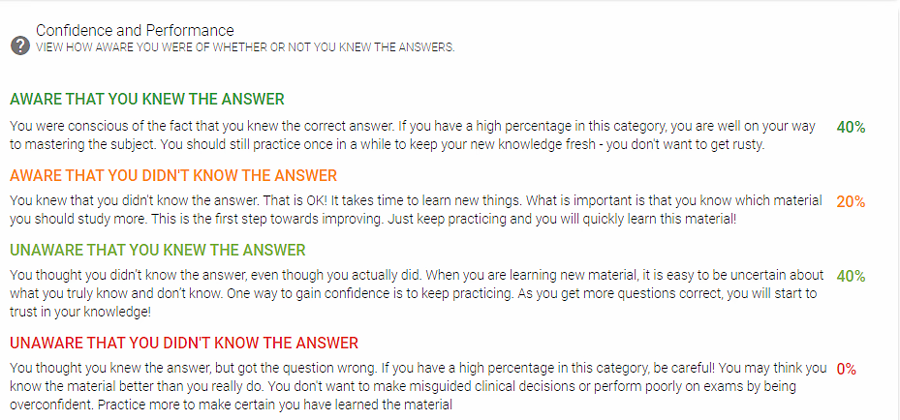
NEJM Knowledge+ Confidence Report
8. Choose Additional Study Tools and Methods: While most ABIM exam takers use Internal Medicine questions as their central strategy for preparing for their exam, there are other resources and approaches to learning that you can leverage to augment your exam prep:
- Make connections between your learning and the real world. Use your interactions with patients in daily practice or residency to prepare for your ABIM Exam by supplementing your clinical experience and patient care activities with follow-up reading and learning. If you look something up to treat a patient, take some time later in the day to review the information again. Learning in the context of a particular patient will solidify your learning and promote long-term retention.
- Leverage different learning pathways. For example, whenever you miss a question from your question bank, create a hand-written cheat sheet about the topic using the supporting resources. Then review your cheat sheet a few times before recording yourself reading the question and responding to it correctly. You can then play it back during commutes or while eating lunch. This would provide you with five different learning pathways: 1) recalling the information as you answer the question; 2) writing down the information; 3) re-reading the information; 4) reciting the information; and 5) listening to the information.
- Participate in medical discourse with your colleagues by forming a study group. Discussing topics with colleagues is a great way to strengthen your learning and gain new perspectives. You can learn from their experiences and insights, and they can learn from yours. Talking about what you are studying with others is another valuable learning pathway that will not only help you process and synthesize new information but will also help you become a more well-rounded and knowledgeable physician. Go a step further and commit to teaching some of the topics during a study group.
9.Include Milestones in Your Schedule and Establish Ways to Measure Your Progress
Creating milestones in your schedule will break your ABIM exam preparation into smaller, more manageable goals. Milestones are also a time to measure your progress based on the data you collected in step #2. An example milestone might be to correctly answer all the gastroenterology questions in your question bank by week nine.
Milestones also allow you to make adjustments when needed. If you’re not reaching your goals, you may need to double down your efforts and find more study time: Hire a babysitter, order meal prep kits, cancel plans, etc. But who knows? You may find that you’re ahead of the game and can allow yourself an unscheduled and much-welcomed respite!
The AI-powered smart learning technology in NEJM Knowledge+ Internal Medicine Board Review automatically makes adjustments for you. It also includes reports that show exactly how much you have covered in each internal medicine subcategory. You also can view reports that show your progress through the subspecialty modules, your proficiency in them, and time spent. Your dashboard shows you all of the learning modules and practice exams where you can easily check your progress and see approximately how much time you need to complete each module. You’ll even see how you performed relative to your peers to provide you with informative benchmarks and powerful motivation.

NEJM Knowledge+ Performance Report
10. Build Essential Tasks Into Your Final Sprint
In the final weeks before your exam, there are some important things you can do to reduce test-day stress and ensure a smooth experience.
- Sharpen your Strategies for working through ABIM Questions. We recommend reading this article at the beginning of your exam prep journey and again as you get closer to your exam date. While you likely already have strong test-taking skills, this article will help you hone those skills in the context of the patient vignette questions you’ll encounter on the ABIM exam.
- Take another practice exam. This will normalize the experience, reduce anxiety, and help you perfect your timing for answering questions within the allotted time.
- Prepare for the logistics and know what to expect on the day of your exam with our Survival Guide for ABIM Exam Day. This guide is packed with essential information to ensure you are well-organized for exam day. It even includes an ABIM Exam Day Checklist to ensure you remember everything you’ll need to do before and on the day of the test.
Internal Medicine Study Plan: Is Your Schedule a Sprint or a Marathon?
Whether your study plan for internal medicine boards is shaping up to be a sprint or a marathon will be based on the realities of your schedule, along with your own personal study habits. Shape your study plan based on whether you are a planner, a crammer, or an episodic studier. Are you a
Planner? Planners tend to be methodical and lay out a study plan far in advance. Those qualities are very useful. But these same individuals must be careful that their attention to detail doesn’t drive them to study in such depth that they never make it past the first few topics in their internal medicine board study plan.
Crammer? Crammers likely found success in medical school and beyond by muscling through at the last minute on sheer intelligence and focus. But on an exam of the breadth and complexity of the ABIM boards, crammers may be tripped up and overwhelmed by the large knowledge base required.
Episodic studier? Episodic studiers benefit from the reinforcement that their spaced learning provides. But they may need a tool that helps keep track of what they have and haven’t studied so that they move systematically through their exam roadmap.
Make NEJM Knowledge+ Internal Medicine Board Review Part of Your ABIM Study Plan!
We hope you find the information and resources in this guide helpful for developing a successful Internal Medicine Exam study plan that’s designed specifically for you. If you’re considering making NEJM Knowledge+ Internal Medicine Board Review a central part of your plan, here is a recap of why you should:
- 2 Practice Exams that simulate the exam experience and provide baseline data to help you create and execute your study plan
- The largest and most comprehensive Internal Medicine question bank available with over 5,100 MCQs paired with quality supporting resources and cited articles from the New England Journal of Medicine
- AI-Powered Smart Learning Technology that adapts to your performance and confidence levels to create the perfect learning path for you
- Strategic mapping to the ABIM Blueprint with questions that mirror the ones on the exam
- Practice sets that help you cultivate automaticity and enable you to plan out what you’ll study when
- Metacognition-building tools that promote your self-awareness about knowledge deficits
- Robust reporting with actionable data about your progress and performance
Expedite your ABIM study plan today with NEJM Knowledge+ Internal Medicine Board Review!
Additional ABIM Study Plan Resources


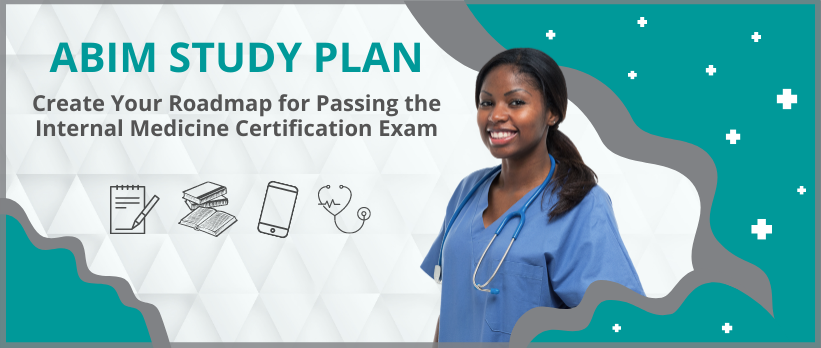

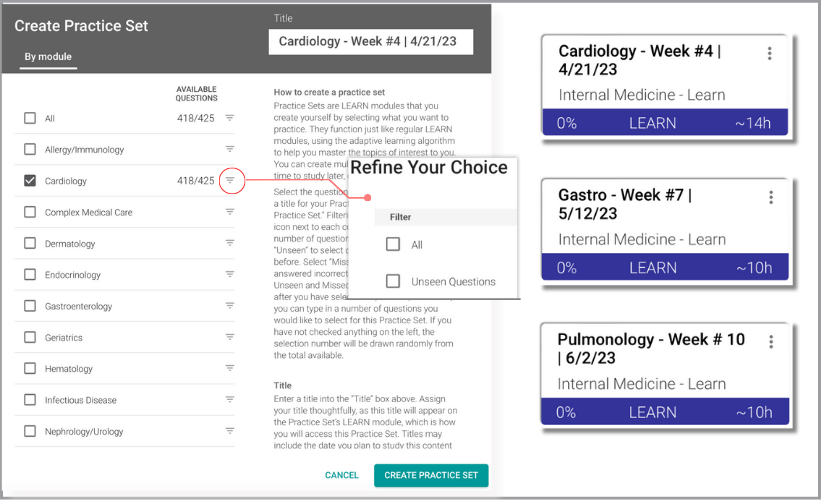
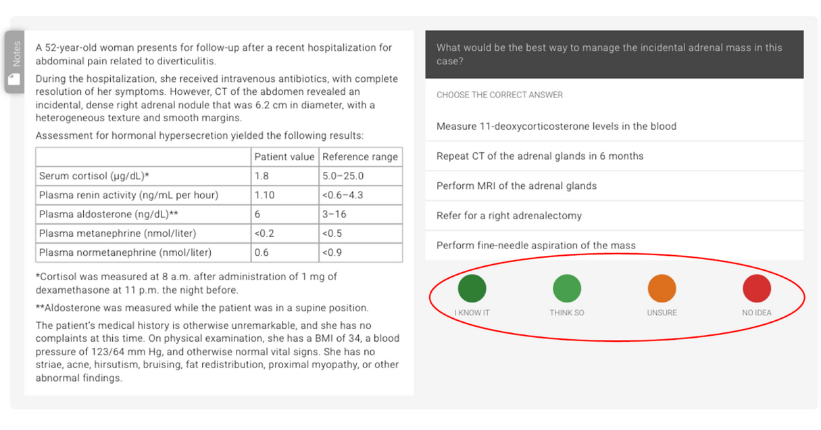
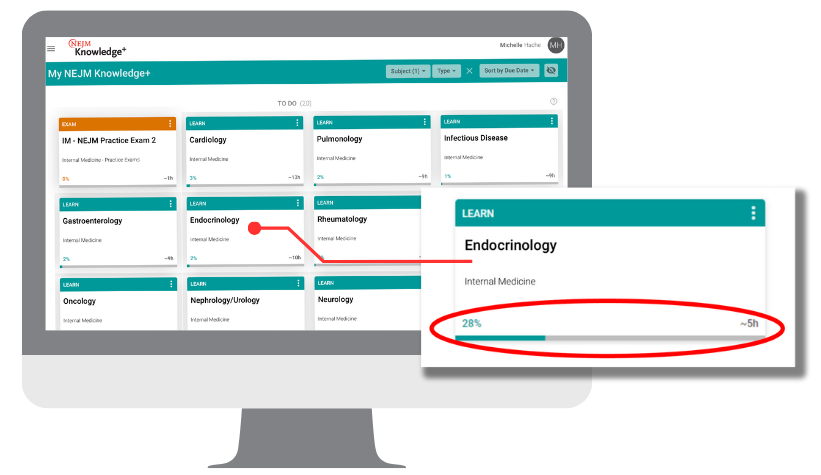
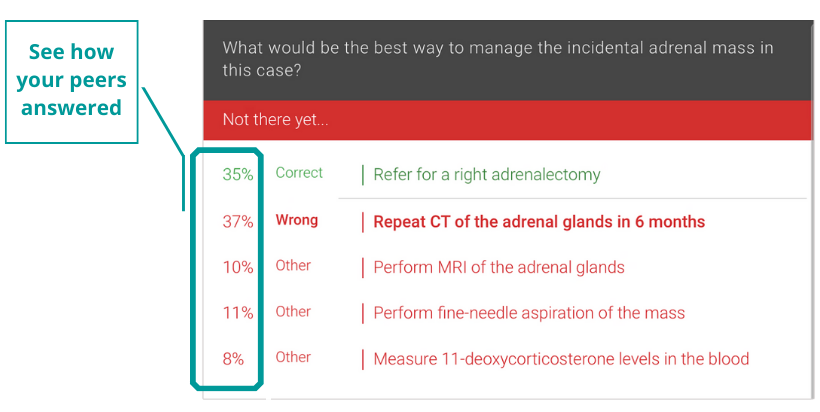

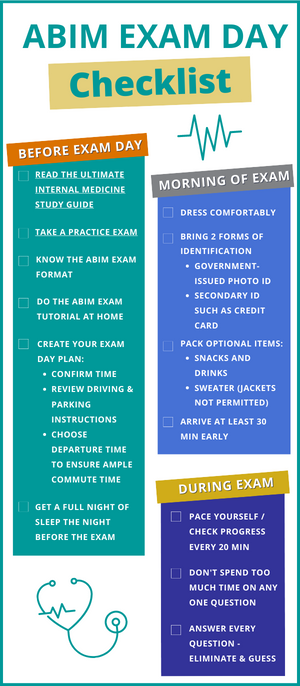
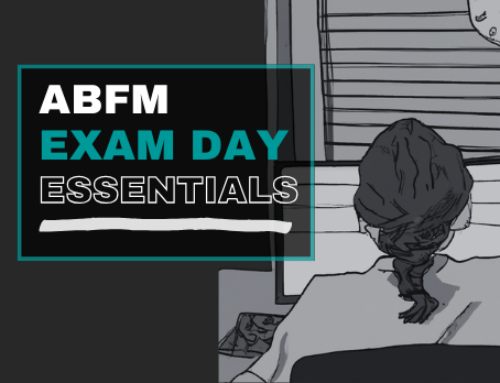
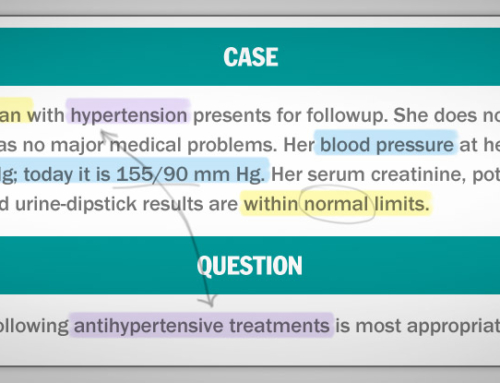
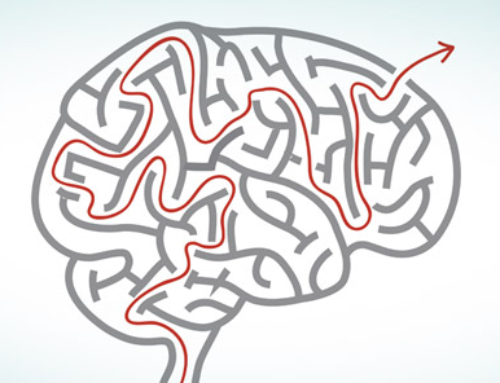
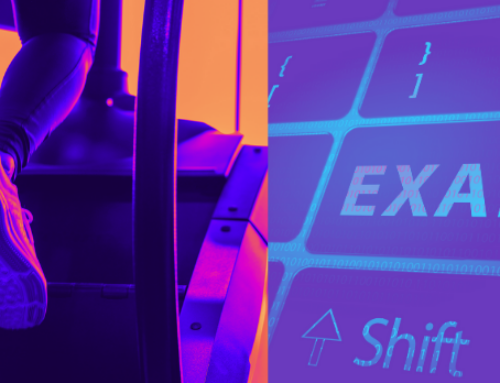


Leave A Comment